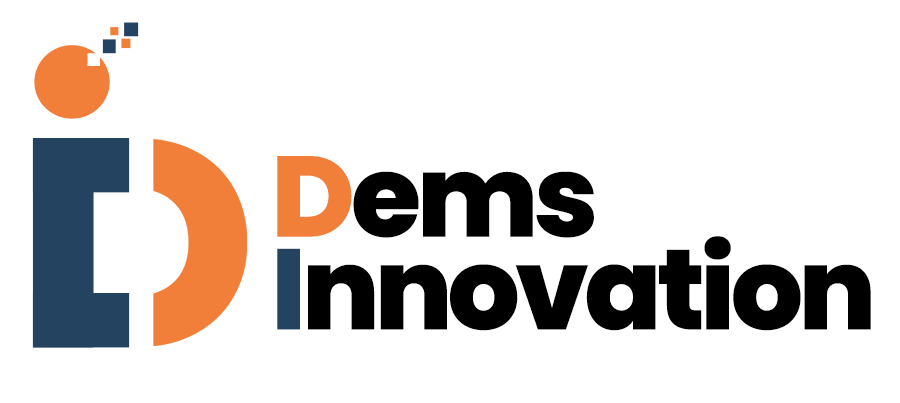Reference: NetApp. (n.d.). What Is DevOps? A Comprehensive Guide to DevOps Principles and Practices. Retrieved from https://www.netapp.com/devops-solutions/what-is-devops/.
Summary:
The article “What Is DevOps? A Comprehensive Guide to DevOps Principles and Practices” by NetApp defines and explains the core principles of DevOps, as well as its benefits and best practices. The article emphasizes the importance of collaboration, automation, and continuous improvement in the software development process. It highlights how DevOps can help organizations achieve faster time-to-market, higher quality, and increased customer satisfaction.
The article breaks down DevOps into four main principles: culture, automation, measurement, and sharing (CAMS). The culture principle emphasizes the importance of fostering a culture of collaboration and communication between development and operations teams. The automation principle advocates for automating as much of the software delivery process as possible to reduce errors and increase efficiency. The measurement principle encourages organizations to continuously monitor and measure performance to identify issues and areas for improvement. Finally, the sharing principle promotes knowledge sharing and collaboration across teams and departments.
The article also provides an overview of DevOps best practices, including continuous integration and delivery, infrastructure as code, monitoring and logging, and security and compliance. It explains how these practices can help organizations achieve faster, more reliable, and secure software delivery.
Overall, the article is a valuable resource for anyone looking to understand the principles and practices of DevOps. It provides a comprehensive overview of the key concepts, benefits, and best practices of DevOps, and can help organizations improve their software delivery process by adopting a DevOps mindset and practices.

